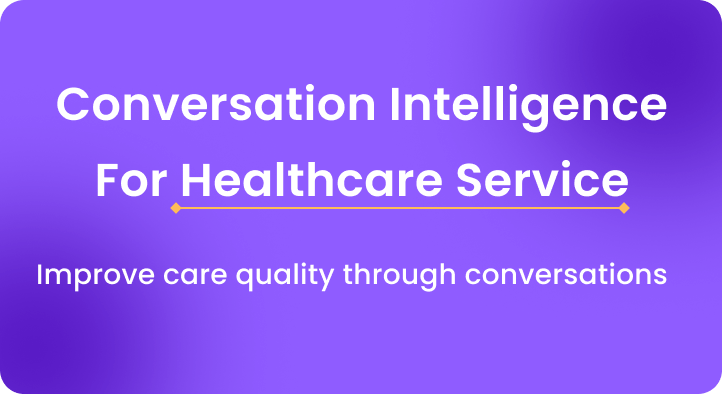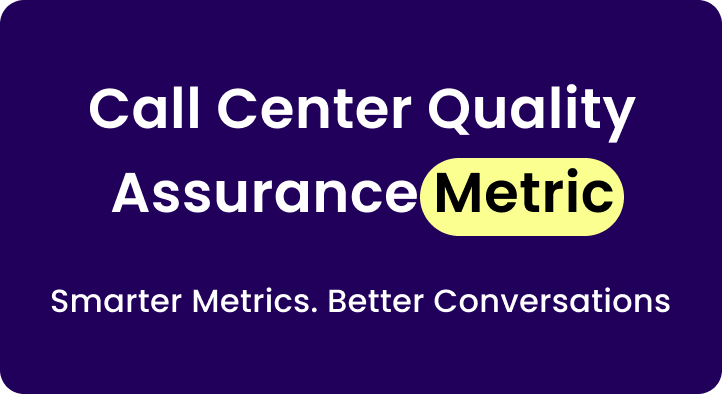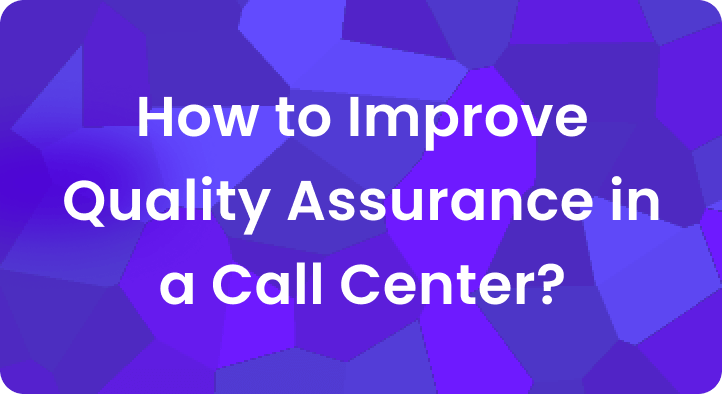Following PCI DSS, HIPAA, and other regulations isn’t a privilege – it’s survival. Just one slip can result in significant fines, loss of licenses, or a lack of customer trust.
The problem, however, is that manual compliance checks are slow, costly, and lack detail.
That’s where AI comes in. It can automatically redact sensitive data, flag risk in real-time, and automatically create audit-ready records without increasing headcount; so rather than wading through checklists, your team is ahead of regulators and focused on customers.
The Rising Burden of Compliance
Compliance isn’t optional. Regulatory bodies around the world impose strict rules:
- PCI DSS (Payment Card Industry Data Security Standard): Requires businesses to protect cardholder data by preventing exposure during transactions and communications.
- HIPAA (Health Insurance Portability and Accountability Act): Governs how healthcare organizations handle patient health information (PHI), ensuring confidentiality and integrity.
- GDPR, SOC 2, GLBA, and others: Add layers of requirements around data privacy, security, and access control.
For contact centers, financial institutions, and healthcare providers, meeting these obligations often means:
- Reviewing thousands of customer interactions.
- Training staff to avoid risky disclosures.
- Maintaining logs, reports, and audit trails.
The problem? Manual compliance checks are slow, costly, and never fully reliable.
How AI Fits into Compliance
AI transforms compliance from reactive firefighting into proactive risk management. Here’s how:
1. Real-Time Monitoring and Alerts
AI can analyze calls, chats, and transactions as they happen. If an agent says or records something non-compliant – like reading a credit card number aloud – the system flags it instantly. This helps teams fix issues before they escalate into violations.
Example: In a credit union’s contact center, AI instantly alerts a supervisor if an agent repeats a customer’s full Social Security Number. Instead of being discovered weeks later during a random audit, the risk is addressed on the spot.
2. Automatic Redaction of Sensitive Data
For PCI DSS, AI automatically mutes or redacts card numbers in call recordings and transcripts. For HIPAA, it identifies and removes PHI from conversations. This reduces exposure and keeps records clean without relying on manual edits.
Example: A healthcare hotline that books appointments via phone uses AI to redact insurance IDs and patient birthdates from transcripts. Compliance officers can still review the call for quality, but sensitive details never appear in storage.
3. Continuous Audit Trails
AI doesn’t just monitor – it documents. Every flagged event, every redaction, and every action taken can be logged automatically. This creates a compliance trail that regulators trust, reducing audit stress for your teams.
Example: During a PCI DSS audit, a retailer’s compliance team can export AI-generated logs showing every instance where a 16-digit number was redacted from call recordings. The system’s automatic documentation replaces hours of manual prep work.
4. Smarter QA and Coaching
Beyond redaction, AI helps train agents to stay compliant. By analyzing call patterns, AI can highlight risky behaviors, coach agents in real time, and reinforce compliance best practices.
Example: If AI detects that an agent is asking customers for their card number too early in the call flow, it provides real-time coaching prompts. Managers can then use those flagged calls in weekly coaching sessions to reinforce safer practices.
5. Scalability
Whether you’re handling 1,000 or 100,000 calls a day, AI scales without extra staff. That means compliance costs stay under control even as your business grows.
Example: A global BPO with centers across three continents handles millions of calls each month. Instead of hiring 50+ auditors to review random samples, AI automatically screens every interaction, ensuring compliance checks scale alongside business volume.
Use Cases: AI in Action
AI for PCI DSS Compliance
Contact centers and payment processors face strict PCI DSS obligations. A single misstep – like storing unredacted card data – can lead to fines or even the loss of the right to process payments.
AI helps by:
- Detecting credit card numbers: Speech recognition combined with pattern detection instantly identifies card data.
Redacting audio and transcripts: Sensitive digits are muted in recordings and masked in text. - Preventing storage of raw data: AI systems ensure unprotected card information never enters archives.
Result: Customers can make secure payments by phone, and businesses can prove PCI DSS compliance with confidence.
AI for HIPAA Compliance
Healthcare providers must keep patient information private – even when conversations happen over phone calls or chat. Human error, like an agent discussing PHI in the wrong context, can trigger serious HIPAA violations.
AI safeguards HIPAA compliance by:
- Flagging PHI disclosures: AI identifies sensitive details such as medical conditions, prescriptions, or patient identifiers.
- Securing summaries: Call summaries generated by AI exclude PHI unless explicitly required.
- Enforcing access controls: AI integrates with systems to ensure only authorized staff access patient records.
Result: Patients get better service without sacrificing confidentiality, and healthcare teams reduce HIPAA risks.
AI for Other Regulations (GDPR, SOC 2, GLBA)
Compliance isn’t limited to PCI DSS and HIPAA. AI also supports:
- GDPR (General Data Protection Regulation): By automating data deletion requests and ensuring only necessary data is stored.
- SOC 2: By monitoring system access logs, detecting anomalies, and automating reporting for auditors.
- GLBA (Gramm-Leach-Bliley Act): By protecting sensitive financial data in customer communications.
Result: Organizations can keep up with multiple overlapping regulations without burning out their compliance teams.



